Hibai Arbide: "Every time we retweet hate speech to criticize it we are giving in to exactly what they want"
He is a lawyer who practiced in Barcelona until he moved to Greece to work as a journalist and he has now specialized in the far-right movements.
Does hate speech have a free pass on the Internet?
Internet is the playing field for communication these days and it is also the place where we have these debates. I’m not a great believer in digital fetishism to refer to certain political phenomena. It is a natural occurrence because we live in social media, but I don’t believe they have a greater presence there.
Should they be regulated?
I have my doubts; I tend to believe that the goal should be to achieve neutrality in social networks, not a state regulation. If we leave it up to large multinationals to decide which content is or is not legitimate, it could become dangerous and turn against us.
How can we disable the far right?
The experience in Greece shows us that the only real way to do this is with a strong and powerful antifascist movement on the net and offline too. They shouldn’t be disabled from a top-down approach but through a bottom-up approach so that their speech have nowhere to grow.
Is there a powerful antifascist movement?
In Greece there is, in Spain I think it’s not powerful enough.
Is it well organised on the net?
Nowadays yes, in the same way that the French Revolution wouldn’t have been possible without the press. Each movement must use the tools available at each historical moment. Social networks aren’t just useful to communicate all that we do to the outside world, per se, they are a space of communication and struggle.
The far right makes a huge effort to instrumentalize the networks.
How can we turn them into a space for the antifascist struggle?
Trying not to echo hate speech seems key to me, even if it is to speak against it. This entails a conscious use. Every time we retweet hate speech to criticize it we are giving in to exactly what they want, this is what far-right campaigns look for. This was made crystal-clear with Trump’s spin-doctors. They post messages precisely so that those who don’t agree will amplify these messages. We must think carefully about how we communicate rejection.
So what do we do? Do we ignore them?
We can’t ignore that they exist; there must be room to express rejection but prioritizing our messages rather than echoing theirs.
Conventional media should be very self-critical and take a few decisions: Not to turn all the nonsense said by the spokespersons of the far-right into news; not turn all the issues that the far-right say into news: not embracing their agenda and turning into a topic of public debate, and not giving their leaders public notoriety: not inviting them to take part in spaces of entertainment and explicitly defend human rights: they shouldn’t make space for racism, LGBTIphobia nor male chauvinism.
What has been the experience in Greece?
During the rise of the neo-Nazi party Golden Dawn, the media gave them a huge amount of space; they talked about their topics, they turned their leaders into media personalities; they did what they should never have done. The murder of rap singer Pavlos Fisas in 2013 made the antifascist movement grow a lot. They took decisions that made it impossible for the media, parties and judges to ignore what was going on. Organized civil society managed to get the media to marginalize Golden Dawn because they were already marginalized out in the streets and on social media.
Should civil society be more impactful in the opinion in the media, rather than the other way round?
Media should be more permeable. They shouldn’t be so concentrated in the hands of a minority. Civil society should have the capacity to be more impactful in the media.
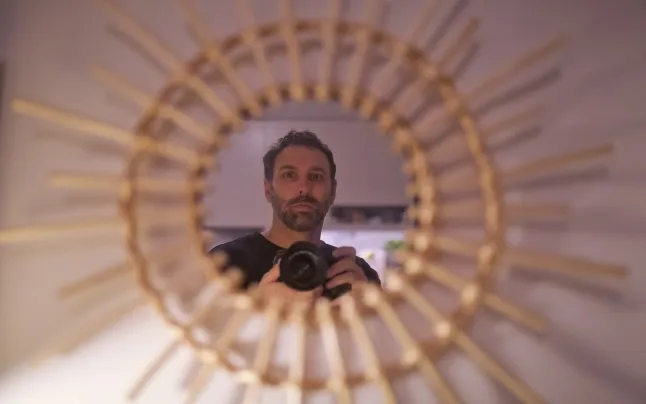


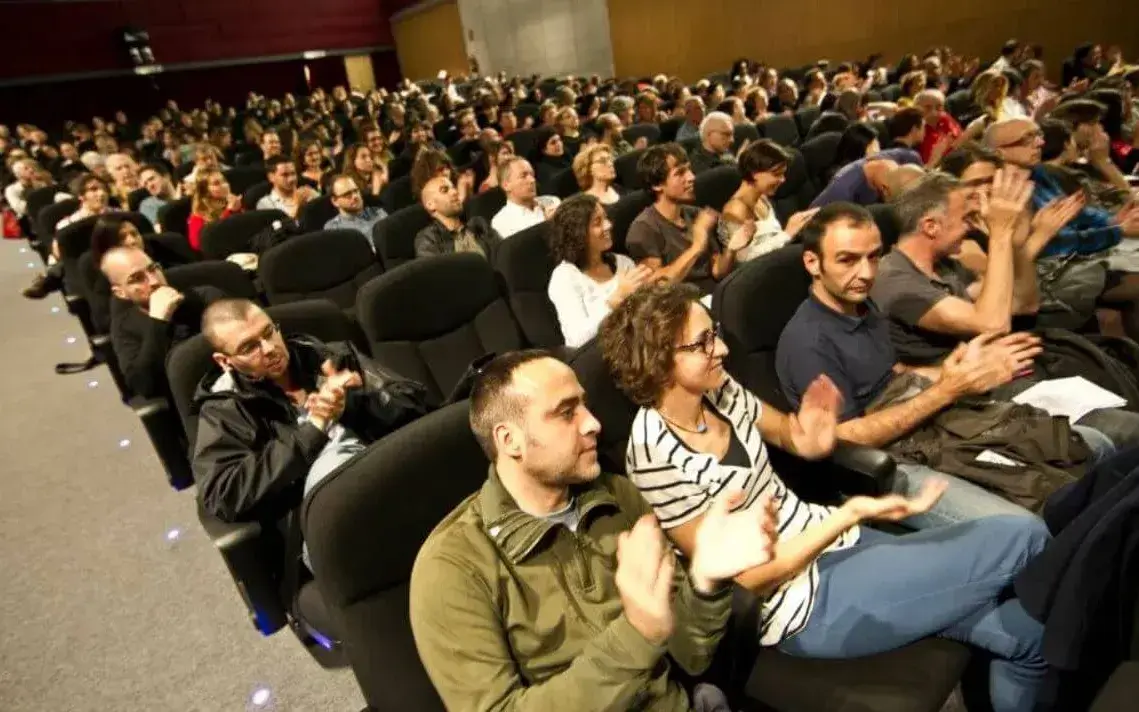
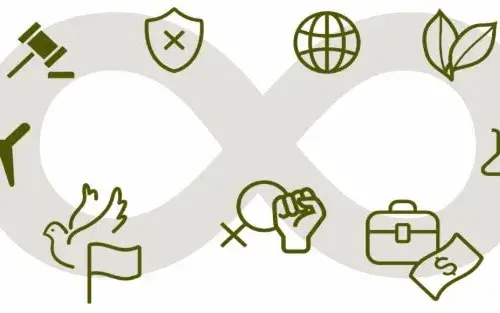
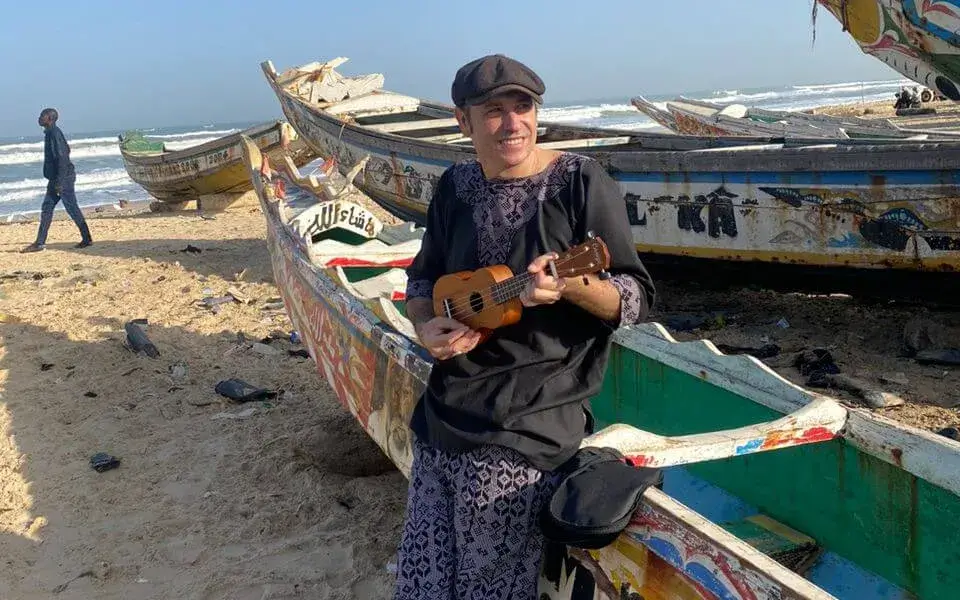
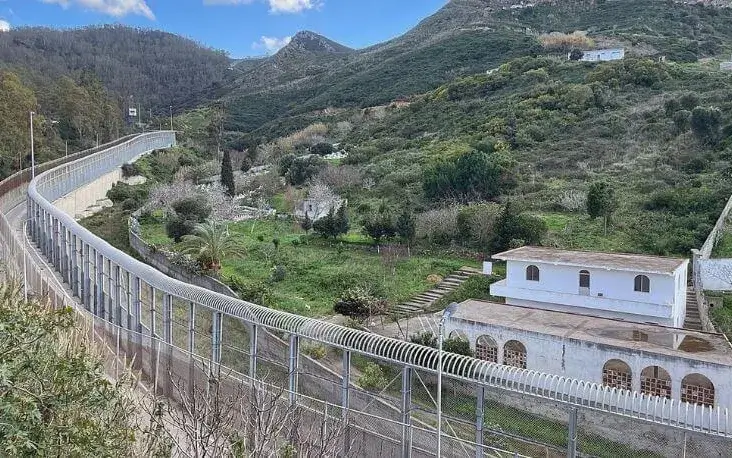
Add new comment